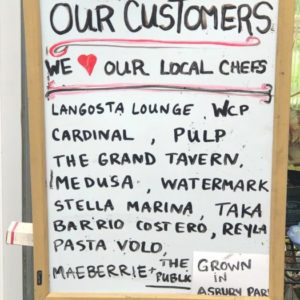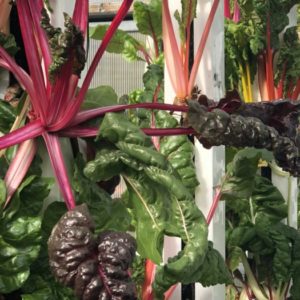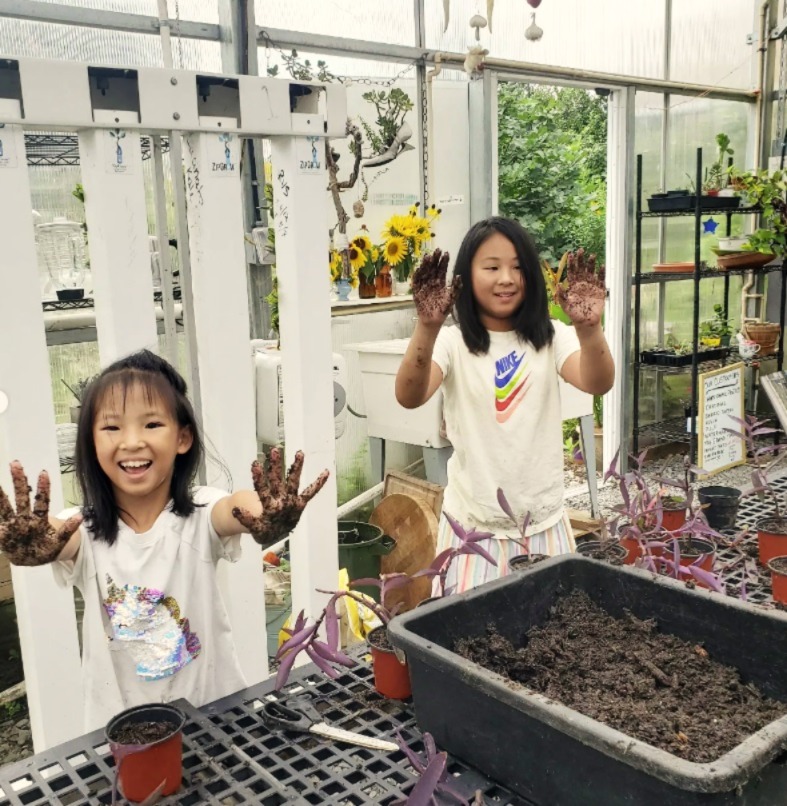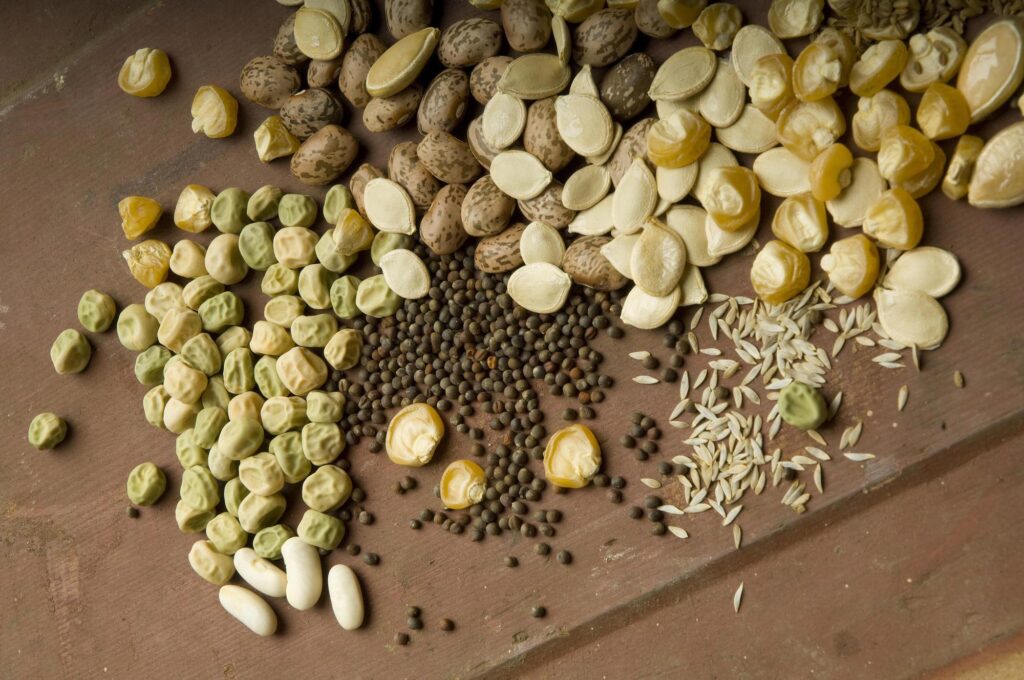Program Spotlight | Kula Urban Farm
At the Kula Urban Farm operations continued throughout the COVID-19 pandemic. While some programming had to pause, the greenhouse and garden beds continued to produce fresh produce throughout.
During the pandemic, most of the produce grown at the farm was donated to the Asbury Park Dinner Table project, which provided free meals for local families who were struggling to purchase food due to pandemic related job loss.
The Kula Farm operates as a social enterprise, relying on the sale of produce to fund its produce donations and its workforce development programs. As the pandemic began and area restaurants were forced to close, the farm temporarily lost many of its regular restaurant customers. However, the Farm team quickly got to work on an online marketplace and began to sell produce to the general public, creating a whole new base of customers for the farm as society and our restaurant partners return to normal.
Another impact of the pandemic was a temporary halting of our Kula Farm Experience jobs program. Due to safety protocols, opportunities for non-essential workers at the Farm were limited. However, we were able to keep a core team of six working to ensure the greenhouse and beds continued to thrive. Matthais Van Oosterhout and Lisa Bagwell manage the farm. Ewelina Makowska is the assistant greenhouse manager. And, rounding out the team is Charles Ade, Chuck Thomas, and Nico Durant. This summer we are finally able to welcome back additional seasonal workers and volunteers.
The Farm continues to cultivate the “Turf” Farm Without Borders site at the intersection of Springwood and Atkins Avenues along with the undeveloped lot located between the Kula Farm and the Bethel AME pantry on Atkins Avenue. This spring, a third Farm Without Borders site was established on city-owned land located at the intersection of Springwood Avenue and Avenue A.
“The impact of the Farm on the community is often measured in pounds of produce or hours of work, but I believe the true influence lies in the physical change of a once empty lot into a dynamic growing space. Urban farms provide a place where people can connect with their food culture as well as nature. They can have a very real impact on our mental health, maybe by just offering the space to appreciate the beauty of a sunflower,” says Lisa Bagwell, farm manager.
The Kula Urban Farm produces approximately 6,000 pounds of fresh produce annually, donating up to 4,000 pounds to community members, food pantries and meal programs.
As the pandemic eases, workshops have resumed at the Kula Farm. Farm to Table Dinners are also scheduled to resume later this summer. You can sign up for the Farm newsletter or inquire about booking a Farm to Table Dinner by emailing [email protected]. If you have a knowledge of gardening and are interested in volunteering at the farm, please contact Lisa Bagwell, Farm Manager at [email protected].
Recent News & Updates
News, updates and events from across the Interfaith Neighbors network.












